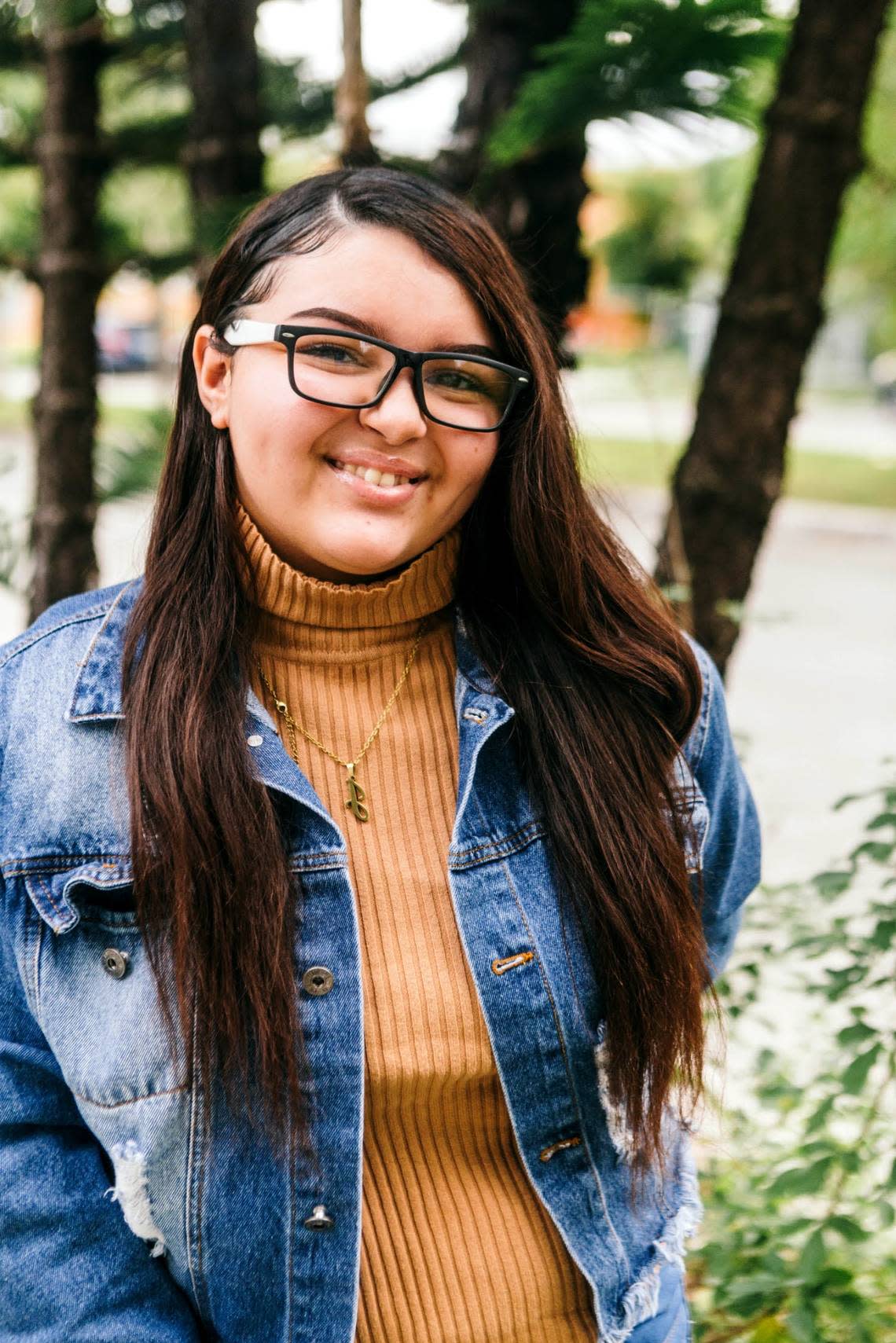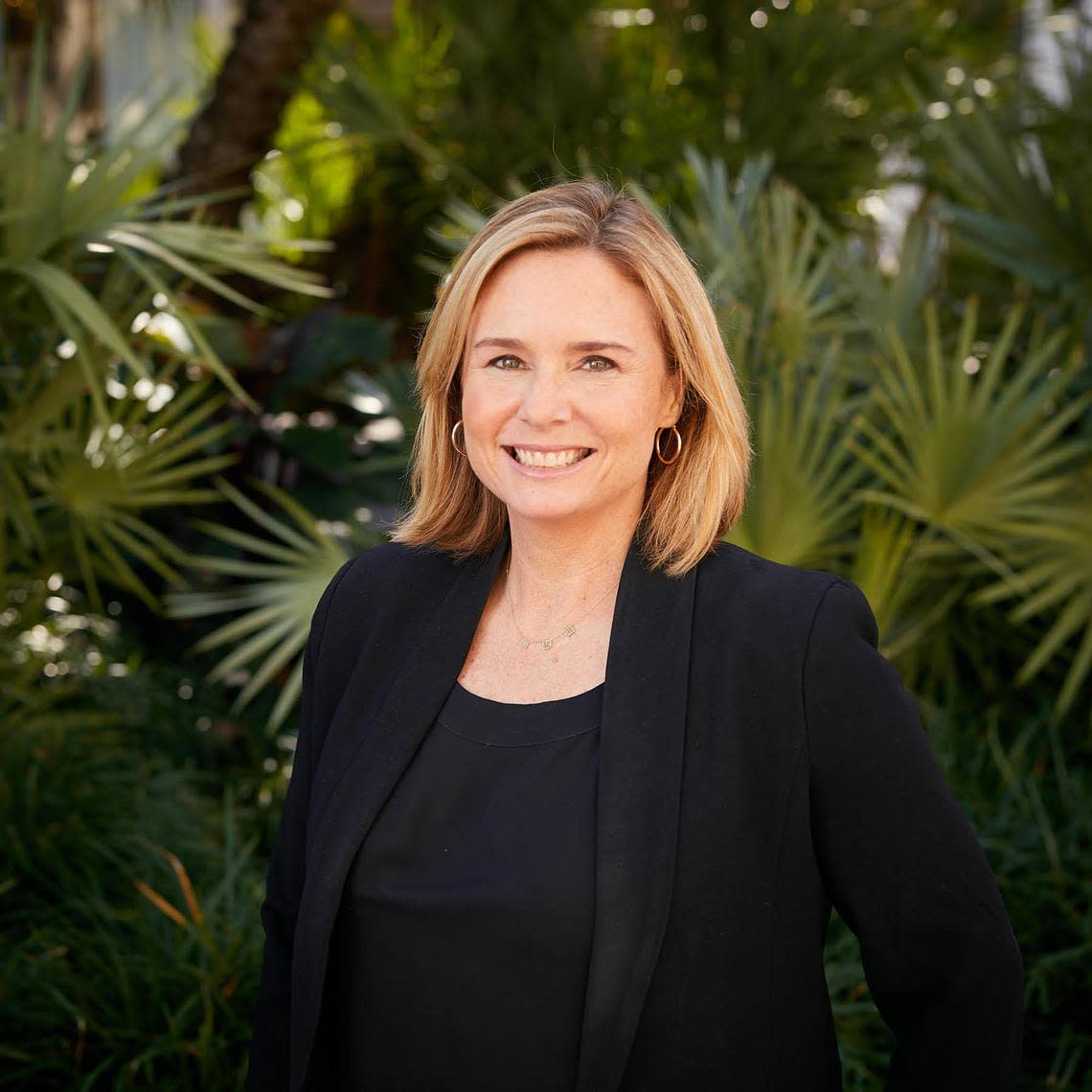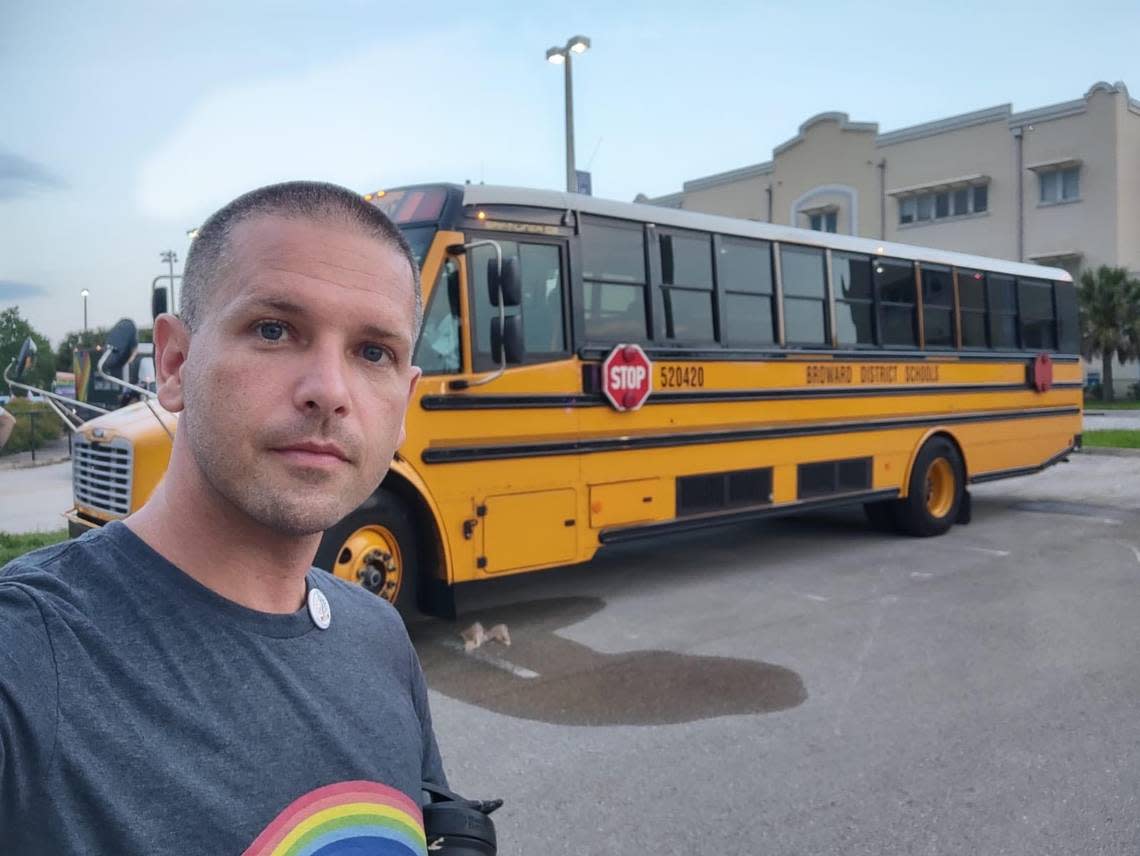‘Regretting my life decisions.’ Teachers and students are anxious as school year begins
As teachers, students and parents prepare for the 2022-23 school year, the Herald was curious to know how the start of this year compared to others.
The Herald spoke with a handful of teachers, a student and a parent to understand what was on their minds, how they were feeling, what, if anything, they were concerned about and what continues to excite them:
Thoughts about leaving the profession
Charles Carr began teaching 15 years ago at Carol City Elementary, the same neighborhood where he grew up. The first year was “trial by fire,” but over time — and with the support of veteran teachers and the “academic freedom to draw from my own experience” — he began to thrive. This year, though, he’s moving to a new school and again has the butterflies of a first-year teacher.
Every year, he looks forward to developing new ways to motivate students and seeing them grow. But, he acknowledged, he has thought about leaving the profession.
The compensation — after more than a decade of experience, he makes about $700 more than a first-year teacher — is one factor, compared to the job’s stress, the false narrative that public schools have been failing their students and the political climate in education.
Carr said he’d be surprised if most teachers aren’t thinking about leaving the classroom.
High school years marked by pandemic, politics
Jackie Escudero, 16, is both nervous and excited about her senior year.
“It’s a mixture of emotions,” not only about classes and seeing her friends — or showing the way to her younger brother, an incoming freshman; she’s also thinking about the unknowns, like “what if there’s an outbreak with monkeypox?” Her time in high school has been shaped by the COVID-19 pandemic, school shutdowns and protocols.

Now, Jackie said she’ll be watching to see how politics influence the classroom. “Students do notice everything that’s going on politically,” she said. “We have conversations with our teachers, at least the ones we trust. But it does affect what’s going on in our schools.”
She doesn’t know how new laws, like the Parental Rights in Education Law, dubbed “Don’t say gay,” will play out on campus, but hopes it will soon become “more clear what students can do to speak up about right and wrong.”
Money concerns
Aimie Moreno travels to multiple schools to provide special education services to deaf or hard of hearing students. She worked for the Broward County Public Schools from 2006 to 2009 and then returned in 2015 — altogether about 10 years.
This year, her homeowner’s insurance rose from $3,500 to $6,700 per year, so she got a second job tutoring for three hours to supplement her $48,800 annual salary. The financial strain, though, has pushed her to consider a career change.
“To be very honest, I am regretting my life decisions. I am looking into going back to school,” she said. “I have friends who are bartenders or hairdressers, and they make more than I do.
“And not only am I upset as a professional, but I am concerned as a mom of two kids in the school district,” she said. “What type of education are my kids getting here when they’re being taught by disgruntled and angry teachers?”
Pivoting to private schools
Marika Lynch, a Pinecrest parent, believes public education serves as the “backbone of democracy,” but moved her twin sons, who graduated from Palmetto Middle School in the spring, to Ransom Everglades School, the Coconut Grove private school, to start their freshman year. Last year, she transferred her youngest son from Pinecrest Elementary to Palmer Trinity School, the South Miami-Dade private school.

Nevertheless, she was for about a decade — and remains — an active parent in the school district. She volunteered with the district’s Educational Excellence School Advisory Council and, most recently, co-led a petition drive of more than 2,000 parents to get the Miami-Dade School Board to reverse its decision to ban a health and sex-education textbook for middle and high school students. The board did so at the end of July.
“I try to support the teachers without bugging them too much because I know they have a lot on their plate,” said Lynch, 49.
“I think our teachers are amazing. I just feel for them. They’ve been through an incredibly stressful time with COVID and now they’re being told how to teach Black history. They’re not allowed to mention what it means to be gay. And on top of that, they are some of the worst-paid teachers in the country. It’s not fair. There’s no wonder we have a teacher shortage.”
Lynch, who owns a nonprofit consultant company, said she understands and sympathizes with teachers who want to change professions, though she “hopes to God they don’t.” As for the students, she worries about the impact of new state measures.
“I really fear for this generation of kids and their views of what our history is,” Lynch said.
Left Broward to teach in Tokyo
His anxiety attacks started right after the Marjory Stoneman Douglas High School shootings in Parkland in 2018, after nearly a decade of working for Broward County Public Schools as an instructional staffer. The shootings — coupled with a salary of about $40,000, which forced him to live with his parents in his late 30s — prompted Shane Cook to move to Asia in 2019.
“I took a leave of absence,” said Cook, now 39. “I took a leap of faith.”

He signed a two-year contract with an international school in Tokyo, earning about $10,000 more. He soon felt better about his finances, thanks to the higher wage, a cheaper cost of living and doing away with his car.
But in 2021, after his permitted leave ended, he returned to South Florida in lieu of resigning. He wanted to give his hometown schools another chance and taught in Oak Ridge Elementary in Hollywood.
“It’s just as bad, if not worse, than what it was like before — student behaviors and the lack of staff and how everybody’s burnt out; everybody’s on survival mode. It’s just not a positive environment to be able to thrive.”
He began having more anxiety attacks and higher levels of stress. He took it as a sign to “go back to the international realm,” he said.
For the upcoming school year, Cook is back in Tokyo and plans to spend at least the next couple of years there.
